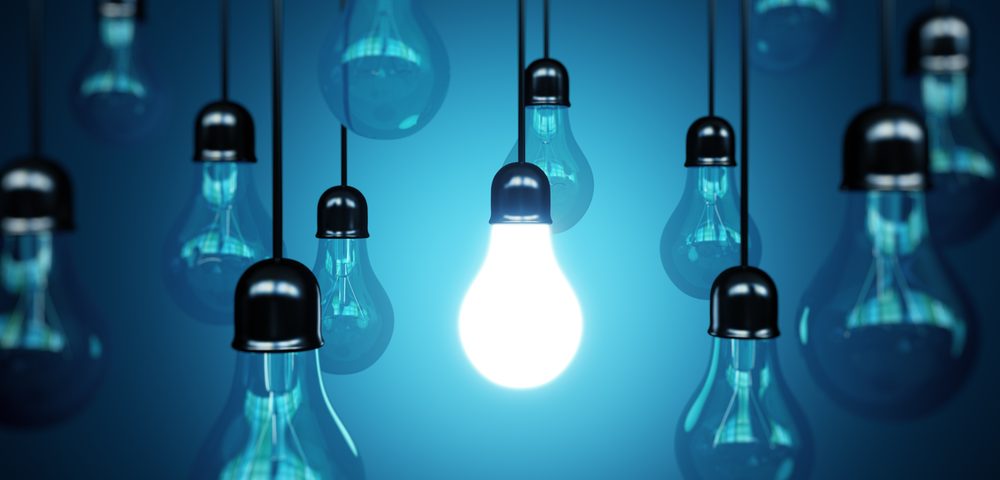Daily sessions of bright light exposure improve sleep quality in fatigued cancer survivors, researchers found.
The study, “The Effect of Systematic Light Exposure on Sleep in a Mixed Group of Fatigued Cancer Survivors,” appeared in the Journal of Clinical Sleep Medicine.
Cancer patients, including those with ovarian cancer, report sleep disturbances at a higher rate than the general population. A significant proportion of cancer survivors (23% to 44%) experience insomnia even years after treatment. Sleep disturbances are associated with fatigue and are considered part of the cancer symptom cluster, which also includes cognitive impairment and depressive mood, and greatly reduces quality of life.
Pharmacologic and non-pharmacologic interventions, including exercise and cognitive-behavior therapy, have shown only modest benefits in the treatment of cancer-related fatigue. Researchers evaluated the effectiveness of systematic light exposure, which had shown positive effects in breast cancer patients undergoing chemotherapy.
The pilot study (NCT01873794) included 54 adult participants (average age about 54; 75% women) who had completed treatment with chemotherapy with or without radiation for breast cancer or gynecological cancer, or stem cell transplantat for blood-related malignancies at least 3.5 years before they enrolled in the study.The study was conducted at the Icahn School of Medicine at Mount Sinai in New York City.
All participants met the criteria for clinically significant fatigue and were randomly assigned to either a bright white light or a dim red light intervention, using commercially available light boxes. Daily sessions lasted 30 minutes and were conducted every morning for four weeks.
Investigators evaluated sleep using wrist actigraphy and the Pittsburgh Sleep Quality Index, which is a self-reported questionnaire assessing sleep quality over one month.
Results showed that bright light therapy improved mean sleep efficiency – the ratio of time spent asleep compared to the total time spent in bed – to clinically normal levels. This improvement was observed even three weeks after the intervention. In comparison, participants exposed to the dim light did not experience benefits in sleep efficiency.
Self-reported results also showed improvements in sleep quality, total sleep time, and wake time.
“A systematic light exposure intervention with a mixed group of fatigued cancer survivors was significantly more effective than comparison dim light exposure in improving sleep efficiency,” Lisa M. Wu, PhD, the study’s lead author, said in a press release.
“Our findings corroborate studies in non-cancer populations (i.e., nursing home residents and elderly patients with dementia) that have shown that [systematic light exposure] using bright light can improve sleep efficiency, reduce nocturnal wake time, and increase nocturnal sleep time,” the investigators wrote.
Bright light exposure “is a low-cost and easily disseminated intervention that offers a feasible and potentially effective alternative to improve sleep in cancer survivors,” Wu added.
Larger-scale studies are still required to confirm the findings, the researchers observed.

